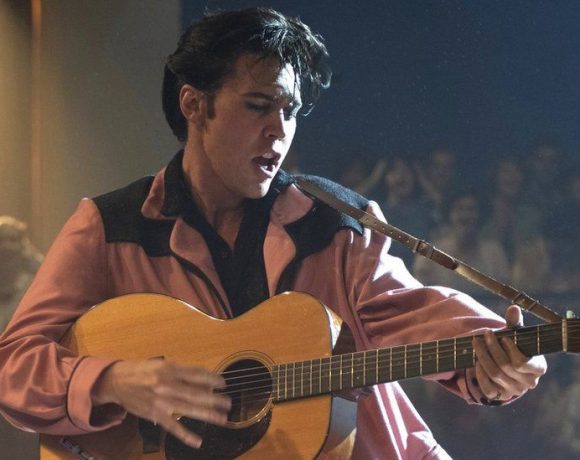
On Saturday, Ruben Ostlund’s Triangle of Sadness won the Palme d’Or, a film in which models and the ultra-rich have their status questioned by unexpected events.
The award is the second for the Swedish director, who previously won it in 2017 for The Square. Park Chan-wook of South Korea took home the award for best director. Park, who is best known for the 2003 thriller Oldboy, took home the award for his erotic crime film Decision to Leave.
The best actor award went to Song Kang-ho for Broker, capping off a strong night for South Korea. Song gained international acclaim for his role in the Oscar-winning film Parasite in 2019. Ostlund, dubbed the “King of Cringe,” told reporters that he wanted to make a film that would make people laugh.
“I think we had one goal when we started making this film – to really, really try to make an exciting film for the audience and bring thought-provoking content,” Ostlund said, adding, “We wanted to entertain them, we wanted them to ask themselves questions, we wanted them to go out and have something to talk about after the screening.”
During its premiere, his film elicited a strong reaction from the audience, with news agency AFP reporting that one scene in particular “left viewers either howling with laughter or turning green.” The story of Triangle of Sadness revolves around two models, played by British actor Harris Dickinson and South African Charlbi Dean, who embark on a luxury cruise.
However, unexpected events have left them stranded, and the need to survive has thrown the social order into disarray.
While the film “makes you laugh,” Ostlund “also makes you think,” according to the entertainment magazine Variety. “We’re bound to see the world differently no matter what sphere he tackles,” it says in its review.
Picture Courtesy: Google/Images are subject to copyright

